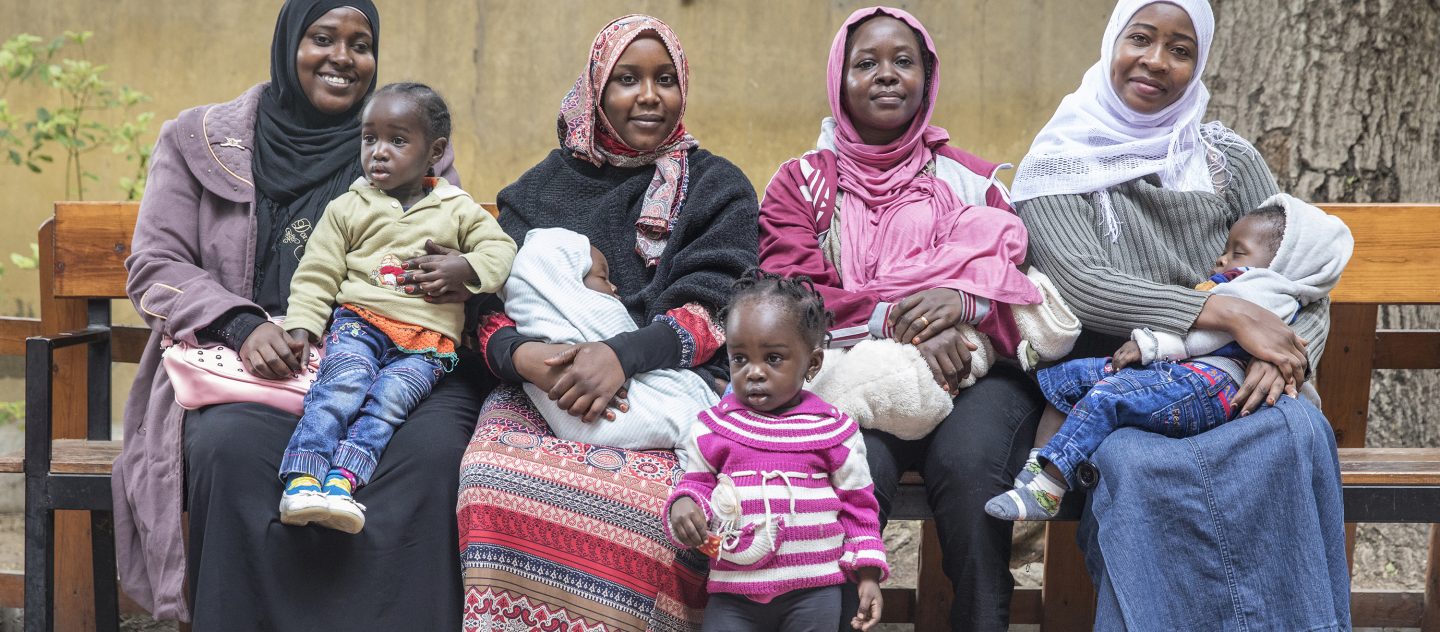Egypt hosts more than 254,000 registered asylum-seekers and refugees from 56 different countries. The majority are from Syria, followed by Sudan, Ethiopia, South Sudan, Eritrea, Ethiopia, Yemen, and Somalia.
In 2012, Syrians fleeing their war-torn land started seeking asylum in Egypt. Representing diverse socio-economic and religious backgrounds, the number of Syrians registered with UNHCR Egypt rose dramatically from 12,800 at the end of 2012 to more than 130,000 people . As a result of the Syrian crisis, we now assist the largest number of registered refugees and asylum-seekers in history. In response to the needs of the large influx, UNHCR set up a field office in Alexandria in December 2013.
At the same time, renewed conflicts and political instability in East Africa, and the Horn of Africa as well as the unrest in Iraq and Yemen, have driven thousands of Sudanese, South Sudanese, Ethiopian, Iraqi, and Yemeni individuals to seek refuge in Egypt. As of 31 October 2019, the refugee population registered with UNHCR comprised 129,159 Syrians, 46,723 Sudanese, 18,373 South Sudanese, 17,786 Eritreans, 16,245 Ethiopians, 9,132 Yemenis, 6,805 Somalis, 6,722 Iraqis and more than 50 other nationalities.
Refugees and asylum-seekers live in an urban setting in Egypt, and are largely concentrated in Greater Cairo, Alexandria, Damietta, and several towns in the North Coast. In recent years, however, Egypt’s challenging economic conditions have considerably increased the vulnerability of both refugees and host community members. With many refugees lacking a stable source of income, coupled with soaring inflation, basic needs are barely covered. Other challenges include limited livelihood opportunities and the language barrier facing non-Arabic-speaking refugees. Some also lack access to sustainable formal education that could support their development. In addition, a considerable number of refugees and asylum-seekers rely on humanitarian assistance to meet their basic needs and to provide medical or psychosocial support.

